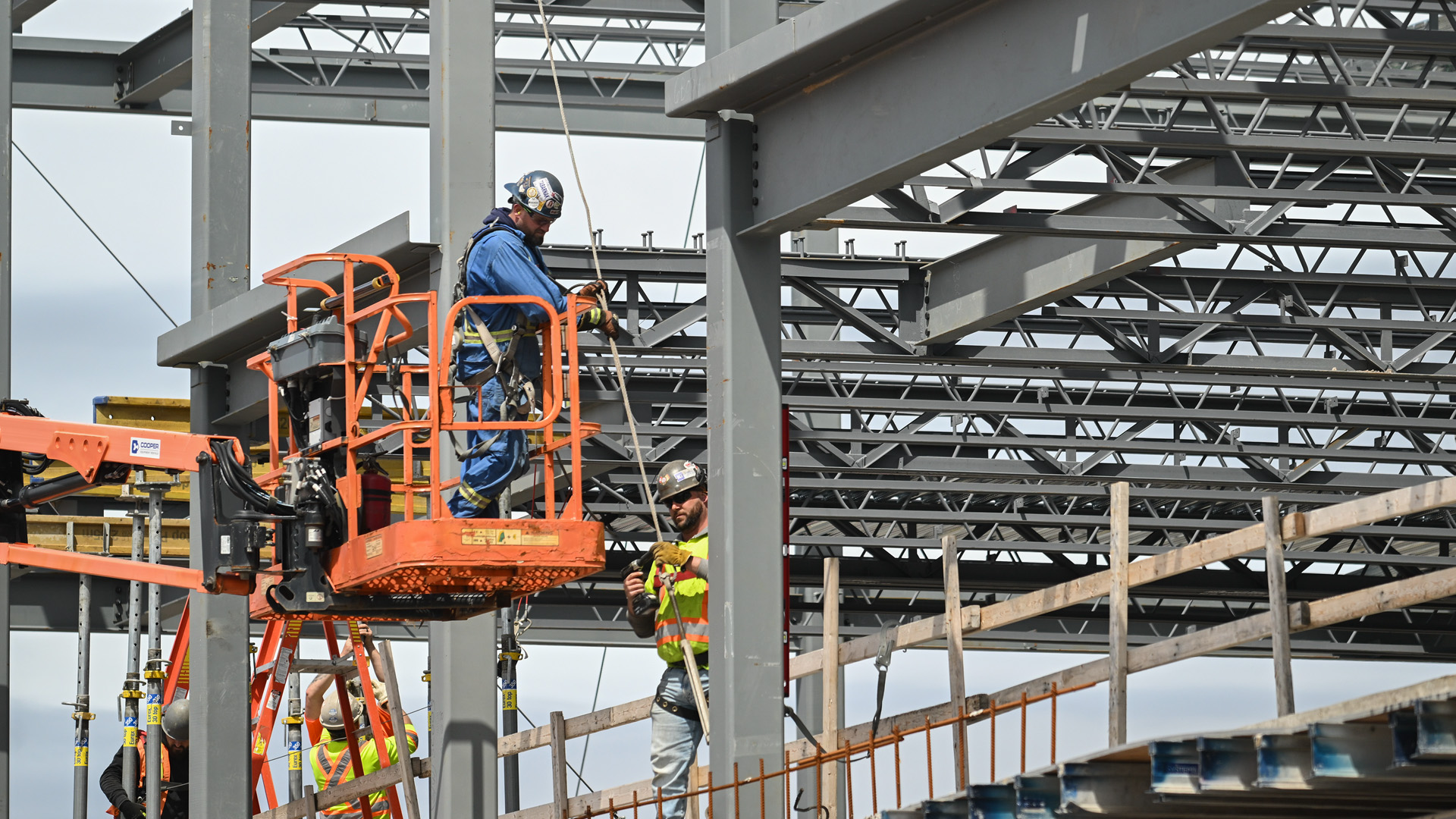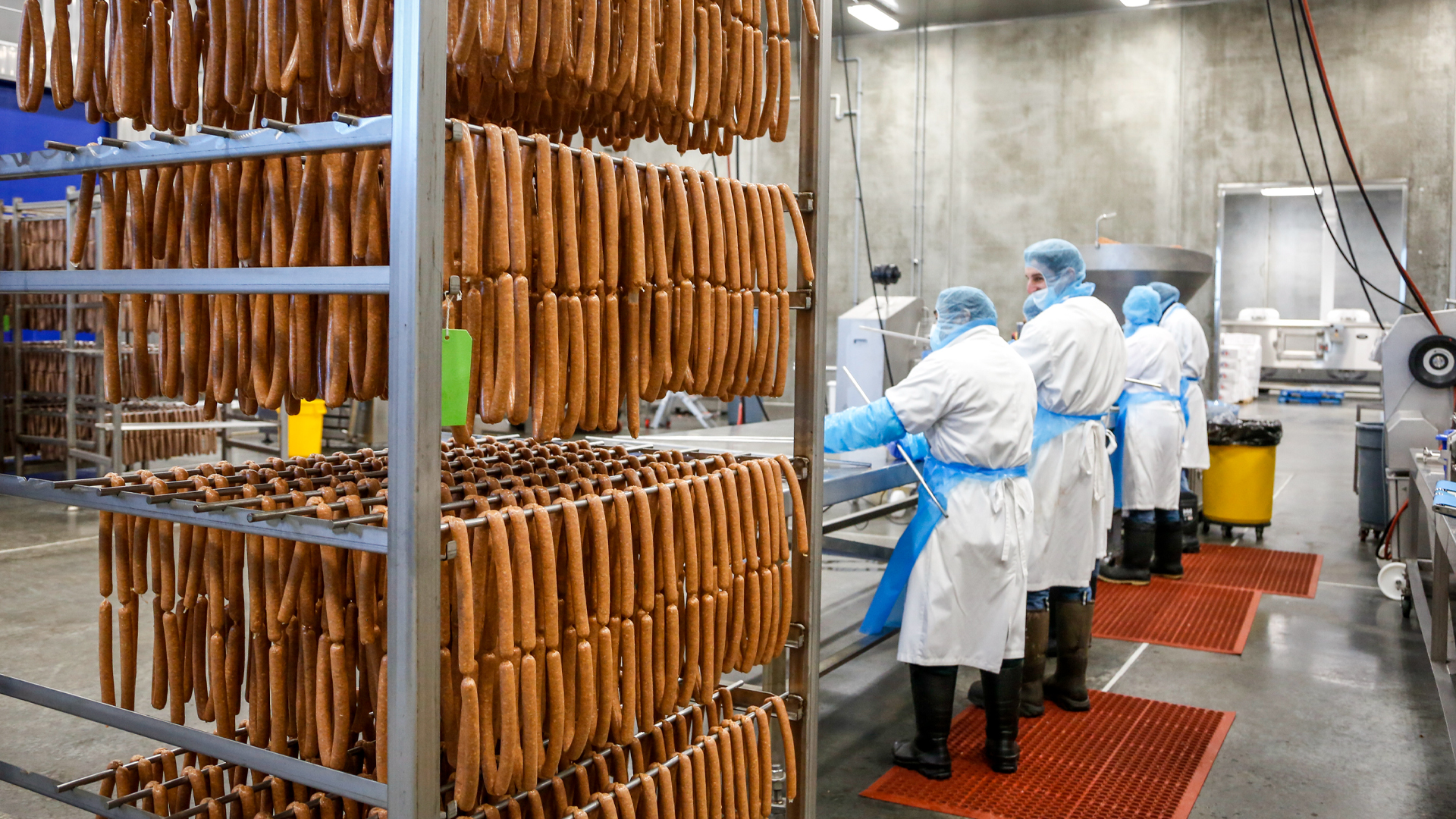
Canada is recognized as a country of immigrants. With the exception of Aboriginal people, all of us or our ancestors came from somewhere else. The nature of Canadian immigration policy has changed over time from being restrictive and white-centric toward more of an open-door, humanitarian focus. Many of these changes in the priorities have been in response to changing attitudes of Canadians about immigration over the decades and our growing multicultural mosaic.
Indeed, some argue there is a link between prosperity and views toward immigration. In the early 1900s and the post-Second World War booms, Canada needed skilled labour to help support a booming economy, and Canada’s doors were wide open.
So what are the current attitudes of Canadians to immigra- tion and immigrants? Nanos Research, in a poll for Policy Options, sought to find out. The research found that Canadians consider immigration as a partnership in nation building.
According to the views of Canadians, immigration is expected to serve the needs of Canada. In other words, if you want to immigrate to Canada, you’d better have some- thing to contribute to family or country.
Nearly three Canadians in four in our poll thought that attracting new immigrants was important or somewhat important. But more Canadians, nearly 85 percent, thought it was important to select immigrants whose skills met the needs of Canada’s workforce.
Meanwhile, four Canadians in five also thought family reunification was important or somewhat important. Almost seven Canadians in ten thought ”œbeing a refugee” was an important reason for admitting someone to Canada.
Nanos Research polled 1,002 Canadians by telephone between May 1 and 6, 2008. The poll has a margin of error of plus or minus 3.1 percent, 19 times out of 20.
The two big drivers of Canadians’ attitudes on immigration are economic necessity and family compassion. Canadians are looking for a balance in their immigration policies, particularly between those two factors. It’s not a question of supporting an open-door policy. It’s much more strategic and selective. If immigration is a nation- building exercise, then making our economy stronger and making families stronger are at the centre of that.
On most of the questions, Quebecers, although general- ly positive, are somewhat less positive about immigra- tion than Canadians in the rest of the country. It’s a thread that runs throughout the piece ”” Quebecers put less impor- tance on immigration than Canadians in other regions of the country though, significantly, not on the most impor- tant issue of economic necessity. For Quebecers, if immigra- tion is about nation building from an economic point of view, then they’re on board with it.
In our national sample, 84.9 percent of respondents thought improving Canada’s workforce skills through immigration was important or somewhat important. Only 12.3 percent thought it was somewhat unimpor- tant or unimportant. And Quebecers are generally aligned with this opinion. In Quebec, 80.5 percent of respondents thought improving our workforce was important, while only 18.1 percent didn’t think it was important.
Family reunification was a close second on the scale of importance, with 81.1 percent of Canadians saying it was important or somewhat so, while only 15.6 percent thought it was unimportant or somewhat so. In Quebec, support for family reunification as a criterion stood at three Quebecers out of four ”” 74.9 percent, while 23.2 percent thought it wasn’t important.
But on ”œbeing a refugee” Canadians are in a comparatively less welcoming state of mind, and decid- edly less so in Quebec. Across Canada, 68.7 percent of Canadians thought refugee status was impor- tant, while 26.9 percent thought it was unimportant. And in Quebec, only 55.5 percent thought ”œbeing a refugee” was an important considera- tion, while 42.0 percent thought it was unimportant.
The refugee issue is not as strate- gic or as important as the others. Although still supported by a majori- ty, being a refugee does not make the same compelling case as family reuni- fication or ensuring a good skills fit. It is, in a sense, lower on the immigra- tion food chain.
Overall, 72.6 percent of Canadians thought immigration was impor- tant or somewhat important for the future of the country while in Quebec 66.4 percent agreed it was important. Nationally, 25.4 disagreed, while in Quebec the number rose to 33.0 percent, from one in four to one in three. Finally, we tested the attitudes of Canadians toward dual citizenship ”” holding Canadian citizenship and that of another country.
Across Canada, 64.4 percent supported dual citizenship, while 31.9 per- cent were opposed. In Quebec, support fell to 53.7 percent, while 44.1 percent opposed dual citizenship. Quebecers are much more likely than Canadians in the rest of the country to be opposed to dual citizenship.
In sum, Canadians are saying to Ottawa: be strategic, be compassionate, but it’s all about building the nation.
However, as Canadians become more uncertain about the long-term strength of the economy, Canada’s immigration policy could become a key opportunity for our political lead- ers to share their economic and cultur- al vision for the future.
In that sense, many Canadians will be closely watching the Harper govern- ment’s immigration reform initiative.







